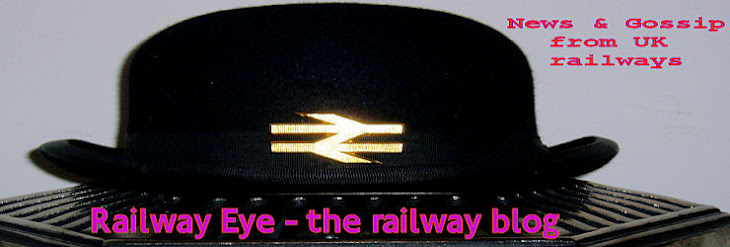Mr Speaker, after our defence requirements are met, the Department for Transport will receive the largest capital settlement.
Over the next four years we will invest over £30 billion in transport projects, more than was invested during the past four years.
£14 billion of that will fund maintenance and investment on our railways.
Direct bus subsidies will be reduced, but statutory concessionary fares will remain.
The cap on regulated rail fares will rise to RPI +3% for the three years from 2012, but that will help this country afford new rolling stock as well and improve passenger conditions.
The Secretary of State will set out how more of the transport money will be allocated next week.
But I want to tell the House today about some of the projects that will go ahead.
For let’s remember that even after these tough spending settlements the country is still going to be spending over £700 billion a year.
So in Yorkshire and Humber, capacity on the M62 will be expanded, £90 million will be spent to improve rail platforms across various towns and cities and we will also improve line speeds across the Pennines.
In the North East, £500 million will be spent refurbishing the Tyne & Wear metro and Tees Valley bus network.
In the North West, we will invest in rail electrification between Manchester, Liverpool, Preston and Blackpool and we will provide funding for a new suspension bridge over the Mersey at Runcorn.
Rail and roads are devolved to the Scottish executive, as are roads in Wales – but I can tell the House that major rail investments around Cardiff, Barry and Newport will go ahead.
In the East Midlands the M1 and A46 will be improved.
In the West Midlands, we will extend the Midland Metro and completely redevelop Birmingham New Street station.
In the South West, we will fund improvements on the M5 and M4, and the new transport scheme for Weymouth.
In the East of England, colleagues will be delighted to know that the A11 to Norwich will be upgraded.
Around London, we will widen the M25 between ten different junctions and complete the improvement to the A3 at Hindhead.
And in London, on top of the Olympics, a major investment in our capital city’s transport infrastructure will take place.
Crossrail will go ahead and key Tube lines will be upgraded for the twenty first century.
This is nothing like the complete list.
So yes, we are saving money and putting the state on a more sustainable footing, but even then we will still be spending tens of billions of pounds on Britain’s future infrastructure.
Next week we will also set out our national infrastructure plan – so that private money is also put to work in building for this country the economic infrastructure our businesses need.
Hulleys’ Closure - My Thoughts
11 months ago





